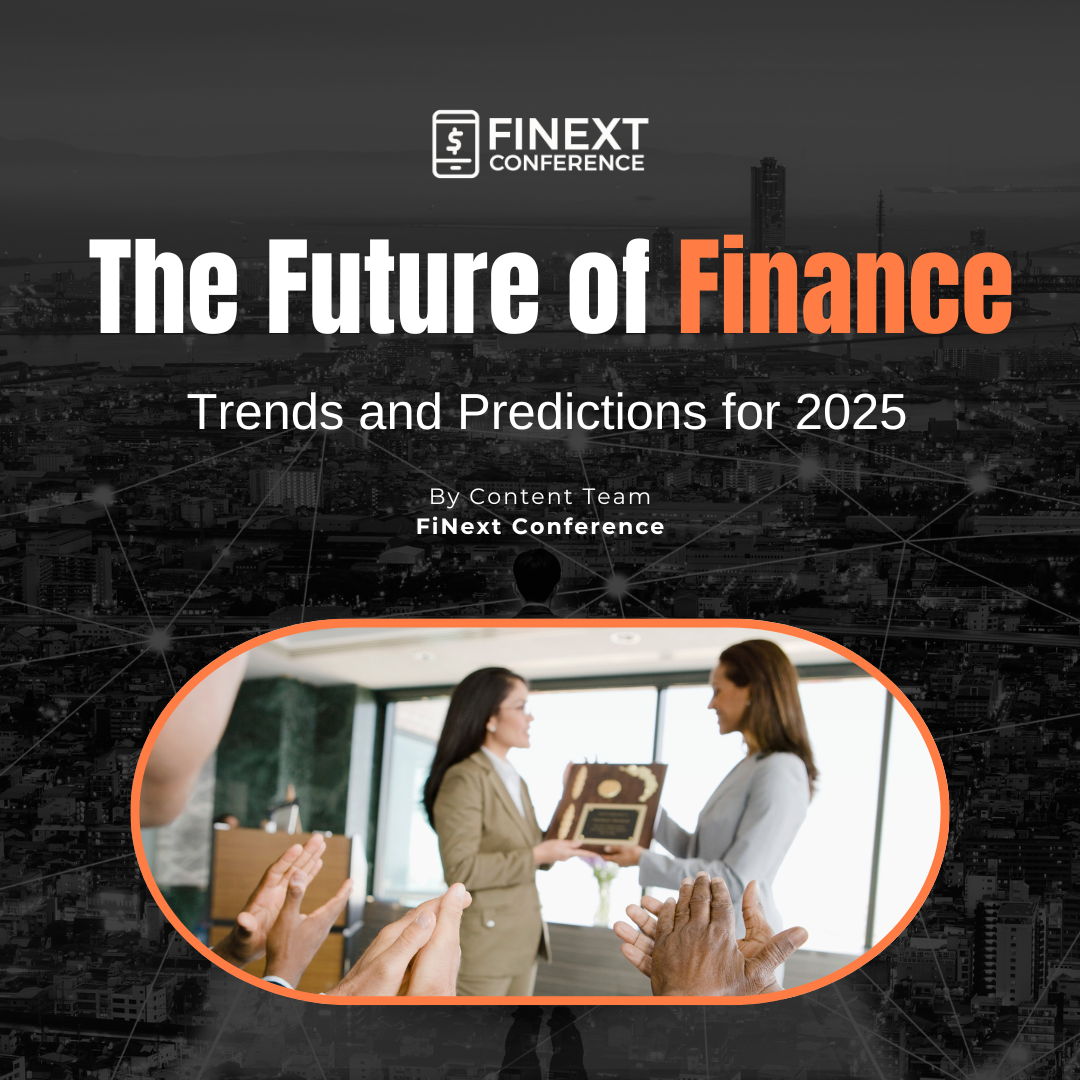As we approach 2025, the financial landscape is undergoing a rapid transformation driven by technological innovation, regulatory changes, and evolving consumer expectations. The financial services sector is at a crossroads, with several key trends shaping the future of finance. In this blog, we’ll explore the top trends and predictions for 2025, offering insights into how businesses and consumers can prepare for the changes ahead.
1. Rise of Decentralized Finance (DeFi)
Decentralized Finance, or DeFi, is poised to continue its explosive growth into 2025. By removing intermediaries such as banks and brokers, DeFi platforms allow for peer-to-peer transactions that are more efficient, transparent, and accessible. As more users embrace blockchain technology, we can expect DeFi to expand its reach, offering a broader range of financial services, including lending, insurance, and asset management, without the need for traditional financial institutions.
2. Artificial Intelligence and Machine Learning
Artificial Intelligence (AI) and Machine Learning (ML) are revolutionizing the finance industry by providing powerful tools for data analysis, fraud detection, and customer service. In 2025, AI-driven financial advisors and robo-advisors will become more sophisticated, offering personalized financial planning and investment strategies. Additionally, AI will play a critical role in improving risk management, automating routine tasks, and enhancing decision-making processes.
3. Sustainable Finance and ESG Investing
Environmental, Social, and Governance (ESG) investing is no longer a niche market but a mainstream consideration for investors and financial institutions. By 2025, sustainable finance will become a dominant force, with more companies integrating ESG criteria into their operations and investment strategies. Regulatory bodies worldwide are expected to introduce stricter ESG reporting requirements, driving greater transparency and accountability in the financial sector.
4. The Evolution of Digital Currencies
Digital currencies, including central bank digital currencies (CBDCs) and cryptocurrencies, will continue to reshape the financial landscape in 2025. As governments explore the benefits of CBDCs, we may see widespread adoption of digital currencies that coexist with traditional fiat money. Meanwhile, the growing acceptance of cryptocurrencies as a legitimate form of payment will further disrupt traditional banking and payment systems.
5. Regulatory Changes and Compliance
The financial sector is subject to continuous regulatory changes, and 2025 will be no exception. As new technologies and financial models emerge, regulators will need to adapt to ensure the stability and security of the financial system. Expect increased scrutiny on data privacy, cybersecurity, and anti-money laundering (AML) measures, as well as new regulations governing DeFi and digital assets.
6. The Role of Big Data and Analytics
Data has become the lifeblood of the finance industry, and its importance will only grow in 2025. Financial institutions will increasingly rely on big data and advanced analytics to gain insights into customer behavior, optimize operations, and develop innovative products. The ability to harness and analyze vast amounts of data will be a key differentiator for financial firms, enabling them to stay competitive in a rapidly changing market.
7. The Future of Banking: A Shift to Digital-First Models
The traditional banking model is undergoing a significant transformation as more customers demand digital-first experiences. By 2025, the majority of banking services will be available online or through mobile apps, reducing the need for physical branches. This shift will also pave the way for the rise of neobanks—digital-only banks that offer innovative, customer-centric services without the legacy infrastructure of traditional banks.
8. Increased Focus on Financial Inclusion
As technology lowers the barriers to financial services, financial inclusion will become a top priority in 2025. Fintech companies will continue to develop solutions that cater to underserved populations, offering affordable access to banking, credit, and investment opportunities. The expansion of mobile banking and digital wallets will play a crucial role in bringing financial services to the unbanked and underbanked around the world.
Conclusion
The future of finance in 2025 is marked by innovation, disruption, and opportunity. As these trends continue to evolve, businesses and consumers alike must stay informed and adapt to the changing financial landscape. Whether it’s embracing new technologies, navigating regulatory changes, or prioritizing sustainability, the key to success in 2025 will be agility and a forward-thinking approach. The financial sector is on the cusp of a new era, and those who are prepared will be well-positioned to thrive.
